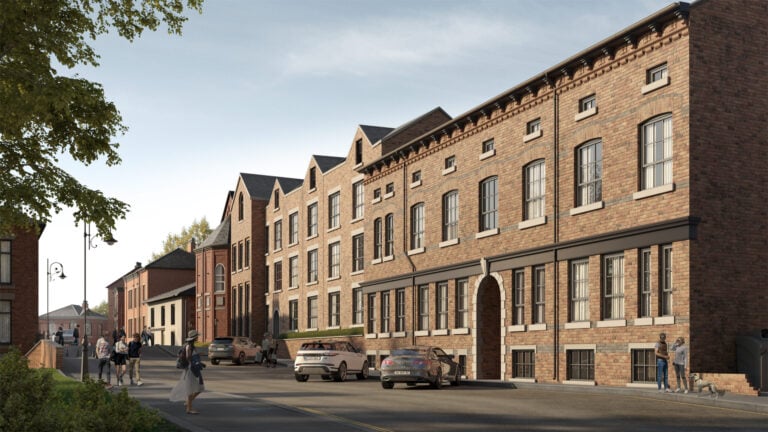Demand for new-builds is climbing, and buyers and sellers are making the most of proptech offerings to speed up the transaction process.
Property technology (or proptech) covers a multitude of angles in the housing sector, from househunting to viewing, and from managing to living in a property. Growing numbers of tech companies are creating solutions for the industry as demand for products grows.
New research from Unlatch has now revealed a further benefit of using technology in the housing market. It has found that builders of new homes are using proptech to greatly reduce the time it takes to exchange on a transaction.
The proptech company offers a new-build sales optimisation platform, which it says has reduced the sales process down to an average of 25 days. Previously, says the company, it took 45-50 days.
Picking up proptech
According to Unlatch, more than 400 developers and brokers across six countries are using its proptech offering for transacting on new-builds. The technology changes the way legal documents are handled, which can be one of the biggest stumbling blocks causing delays.
Lee Martin, head of UK for Unlatch, comments: “Advancements in technology have led to a huge level of digital disruption within the property industry. However, it’s fair to say that the legal process associated with buying a property hasn’t evolved to the same extent.
“This is largely down to the old mantra of ‘if it’s not broke, don’t fix it’, preventing the implementation of any meaningful change.
“The entire transaction relies on the proper execution of these legalities and so it’s understandable that those responsible for facilitating this process are hesitant to shake things up.”
Solving issues
Advancements including electronic signatures, and the generation and auto-population of reservation forms, sales memos and legal packs are all reducing paperwork and speeding up the process.
Martin says: “There’s no one size fits all solution for the new homes sector and requirements will differ from one housebuilder to the next based on their size, budget, internal resources and existing practices and frameworks.
“However, this has led to a very blinkered approach when it comes to improving the processes involved in getting a sale over the line, particularly at the back end legal stage.”
Unlatch’s aim with its proptech solution was to build an “all-encompassing” platform to improve operational efficiency across all aspects of the process.
He adds: “We then worked backwards to break this offering down into four distinct modules so that housebuilders can utilise the full offering, or simply opt for the areas where they need the additional help.”
“So unlike most products and platforms, Unlatch was designed by property developers, for property developers, meaning that while the technology is a vital aspect, it was built completely around the needs of the end-user.”
Other uses for proptech in the industry
One of the most widely used examples of property technology is search portal, such as Zoopla and Rightmove. While in the past, most househunters would have contacted agency branches directly, these online platforms have changed the whole process.
Virtual tours are another offering, which has become more prominent since the Covid pandemic. According to a survey by Capterra, 47% of buyers had used virtual tours of properties in the past three years.
A number of companies offer online ways of selling properties. These include the likes of Settled, Emoov and Nested. They all provide various services, from valuation to listings to virtual viewings.
Trussle is also gaining in popularity as the first online mortgage broker. It aims to be more efficient and less costly than its physical competitors.
For the buy-to-let market, there are plenty of renting platforms that property investors, landlords and tenants can use. From managing the lettings side, to full property management and tools like rent processing, there’s a proptech offering for every need.
Some big names in this space include Rentify, MoveBubble, Lavanda, HomeRenter and Homie.
Smart home technology also falls under the proptech bracket, and this has become commonplace in thousands of homes across the country. From smart heating systems and lighting, to security and door cameras, they can save effort as well as money for those who live there.









